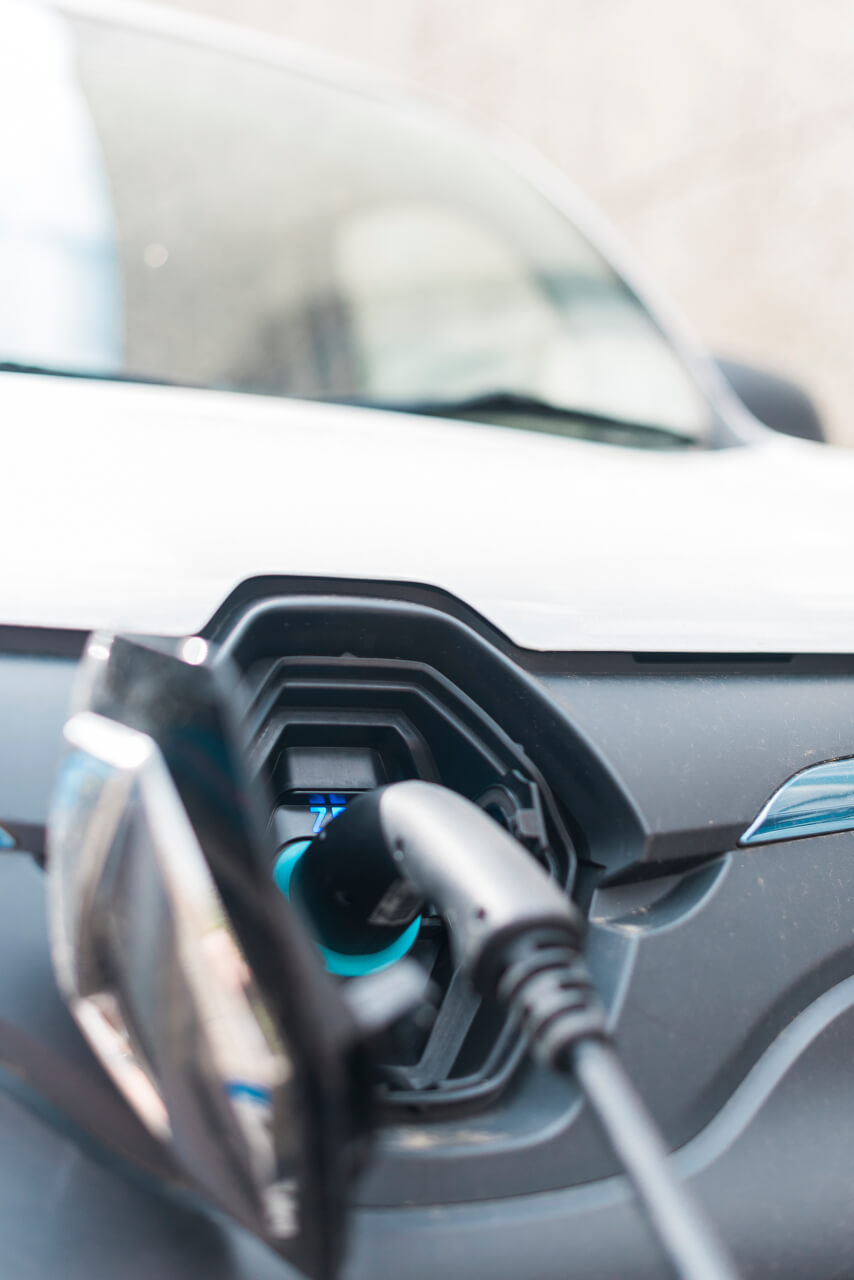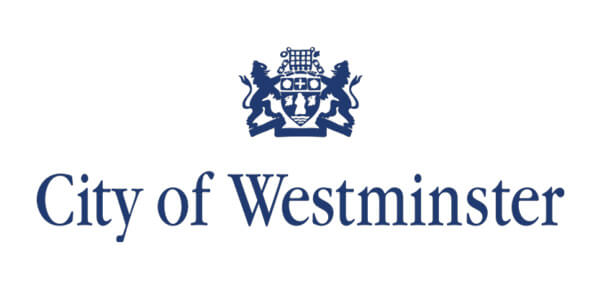
The EV Charging Infrastructure Challenge
20th May 2019 / Posted by CRP TeamWe have read with interest the Sunday Times article from 12th May 2019 ‘Drivers plugging into an electric future will need a lot of chargers’. In the context of this rather gloomy picture of EV infrastructure planning and delivery for the UK overall, it is encouraging to see the Mayor’s coordinated approach to this issue in London.
Chaired by Shirley Rodrigues, Deputy Mayor for Environment and Energy, the 16-member EV Infrastructure Taskforce was launched in May 2018. A year on, the group’s Delivery Plan will be launched in June 2018 and will help identify and deliver the level and type of charging infrastructure that London will need to accelerate the uptake of EVs up to 2025.
A strategic approach to deciding the type and location of charging infrastructure, rather than an ad-hoc reactive one, is important. Is it, for example, essential that all EV drivers have access to a rapid charge point close to their home? Probably not, even if that is what might be perceived as most convenient.
Decisions around EV charging provision in London will also need to sit within the context of wider transport targets, e.g. 80% of all trips to be made by walking, by cycle, or using public transport by 2041. Falling car ownership figures and less miles driven will also lower charging needs.
Further, we are already showing that we are getting a lot better at using existing grid and charging infrastructure in smarter ways. Whether that is smart charging technology paired with energy storage, as successfully commissioned and trialled in CRP’s Smart Electric Urban Logistics project, or by exploring how existing infrastructure can be shared between different user groups.
Sufficient charging infrastructure provision to enable an EV revolution will be a challenge. With a coordinated approach and innovative thinking, it does not have to be an insurmountable one.
























